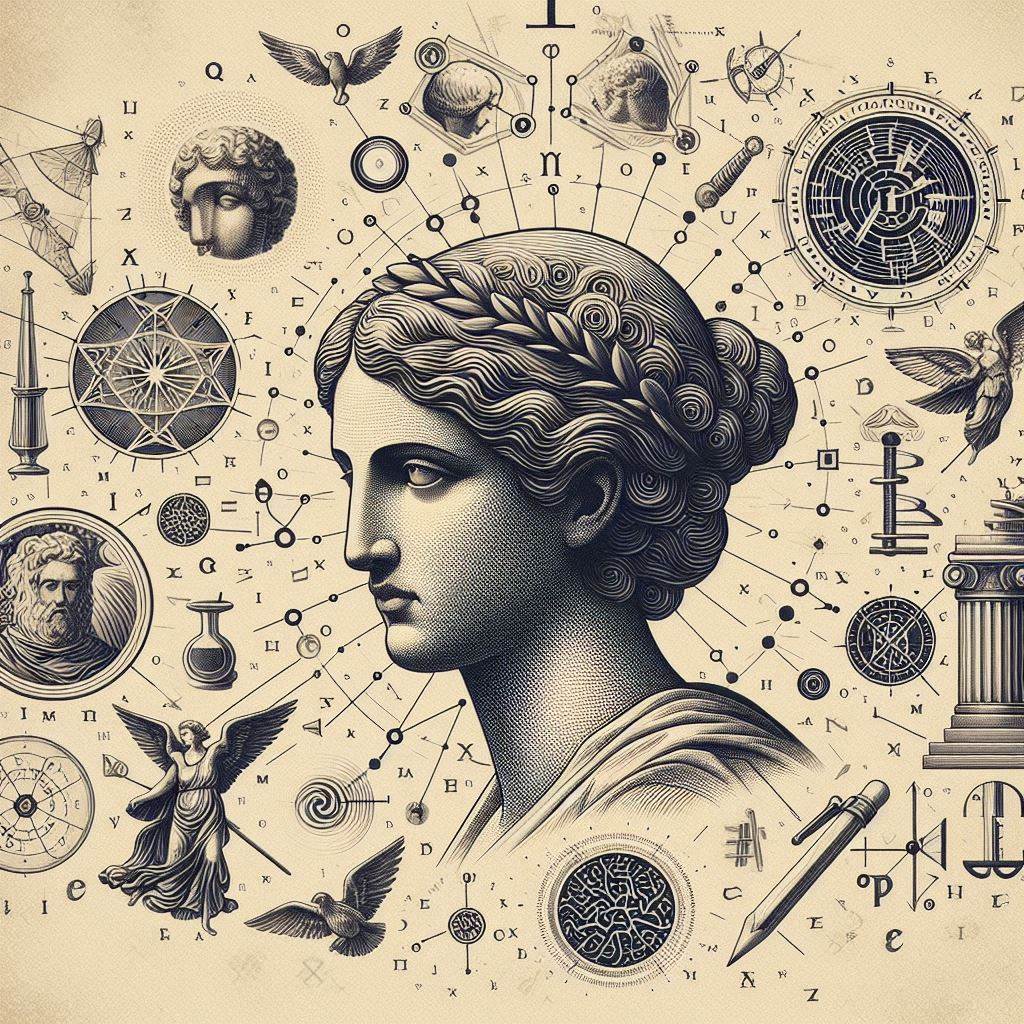Women Writers in the Tradition of Philosophy
Groundbreaking and Original Works
Jump to the Article

The tradition of women writers in philosophy, though often overlooked, stretches back to antiquity and encompasses a rich tapestry of thought. From Hypatia's contributions to Neoplatonism in ancient Alexandria to the groundbreaking feminist theories of Judith Butler, women have consistently challenged, expanded, and redefined philosophical discourse. Their works address a wide range of topics, including ethics, politics, metaphysics, and social justice, often offering unique perspectives shaped by their lived experiences. Despite facing historical barriers to education and recognition, women philosophers have left an indelible mark on the field, producing important and pivotal works that continue to shape contemporary thought.
Relevant Article from the Cambridge Core Blog: Women in the History of Philosophy by Tad Schmaltz.
Here's a list of influential books written by women in the tradition of philosophy, spanning various eras and areas of thought:
- Hypatia of Alexandria (circa 350-415 CE): While her works are largely lost, her contributions to Neoplatonism and mathematics were highly regarded. Though no single book survives, her philosophical impact is undeniable.
- Christine de Pizan (circa 1364-1430):
- The Book of the City of Ladies (1405): A defense of women and their intellectual and moral capacities.
- Teresa of Ávila (1515-1582):
- The Interior Castle (1577): A foundational text in mystical theology and spiritual philosophy.
- Mary Astell (1666-1731):
- A Serious Proposal to the Ladies, for the Advancement of Their True and Greatest Interest (1694): Advocated for women's education and intellectual development.
- Émilie du Châtelet (1706-1749):
- Foundations of Physics (1740): Contributed significantly to the understanding of Newtonian physics and Leibnizian metaphysics.
- Mary Wollstonecraft (1759-1797):
- A Vindication of the Rights of Woman (1792): A cornerstone of feminist philosophy, arguing for women's equal education and rights.
- Simone Weil (1909-1943):
- Gravity and Grace (published posthumously, 1947): Explores themes of suffering, divine love, and social justice.
- Hannah Arendt (1906-1975):
- The Human Condition (1958): An analysis of the active life, labor, work, and action.
- Eichmann in Jerusalem: A Report on the Banality of Evil (1963): Explores the nature of evil and political responsibility.
- Simone de Beauvoir (1908-1986):
- The Second Sex (1949): A foundational text in feminist existentialism, examining the social construction of womanhood.
- Iris Murdoch (1919-1999):
- The Sovereignty of Good (1970): Explores moral philosophy and the nature of goodness.
- Judith Butler (born 1956):
- Gender Trouble (1990): A highly influential work in feminist and queer theory, challenging traditional notions of gender.
- Martha Nussbaum (born 1947):
- Frontiers of Justice (2006): Expands theories of justice to include those with disabilities, and animals.
- Political Emotions (2013): Explores the role of emotions in political life.
